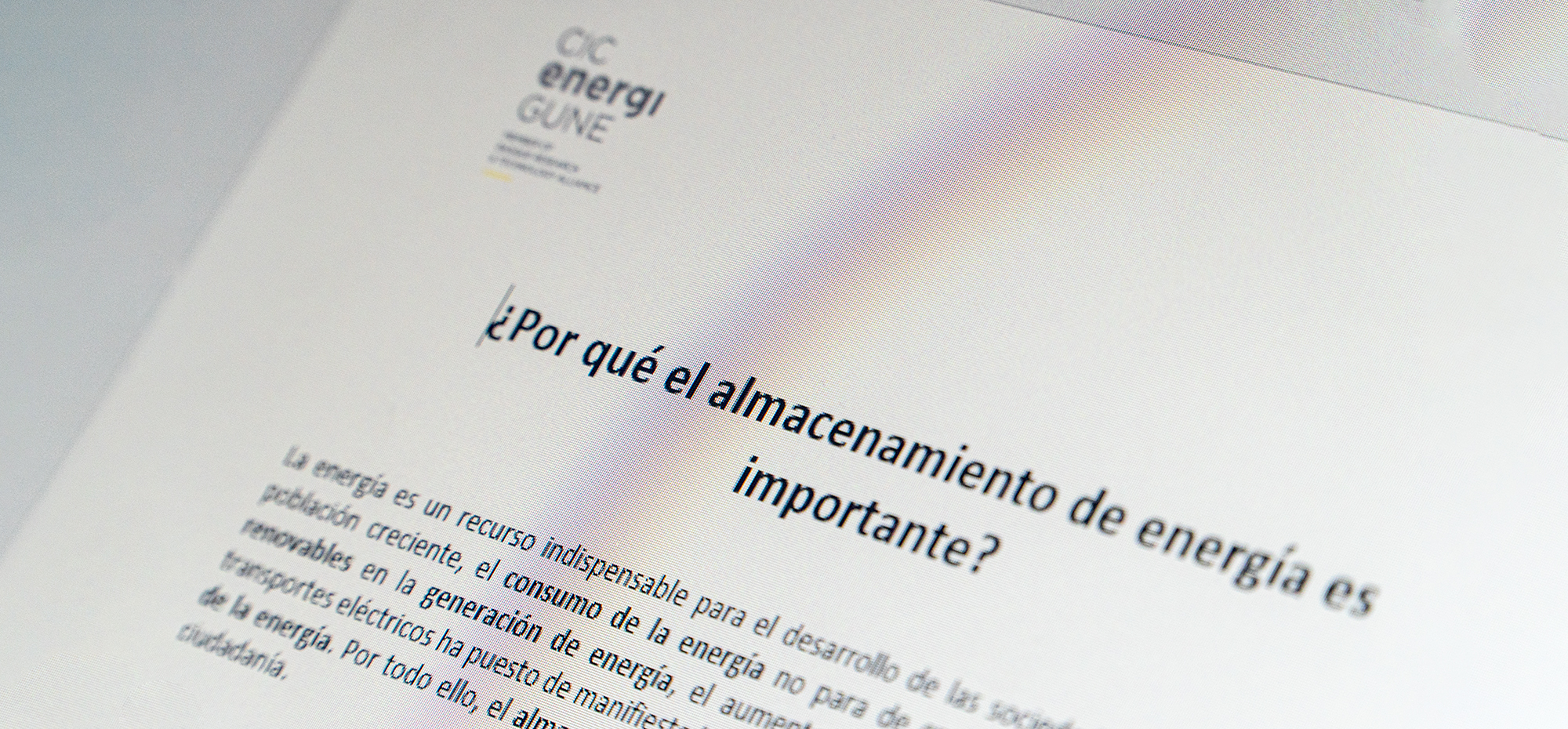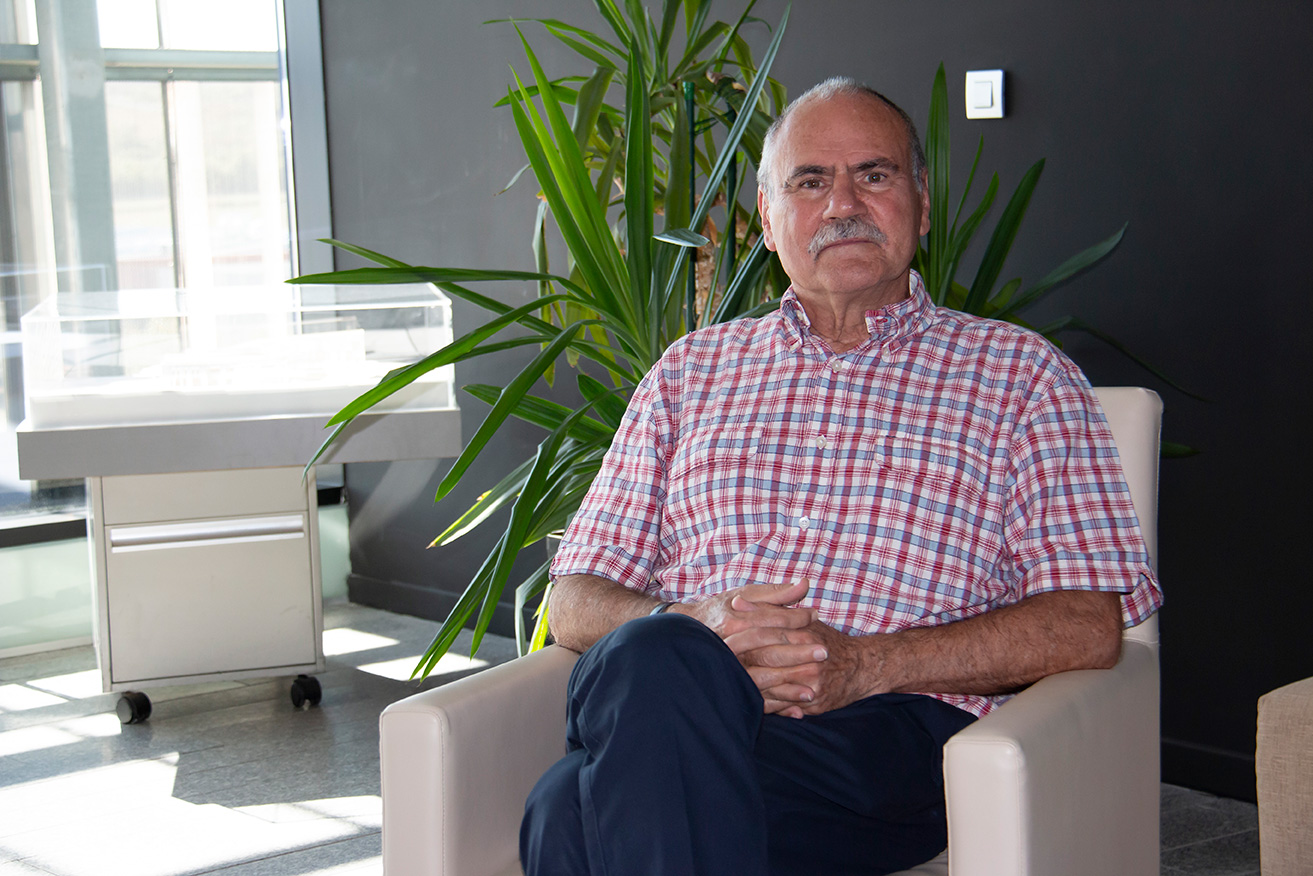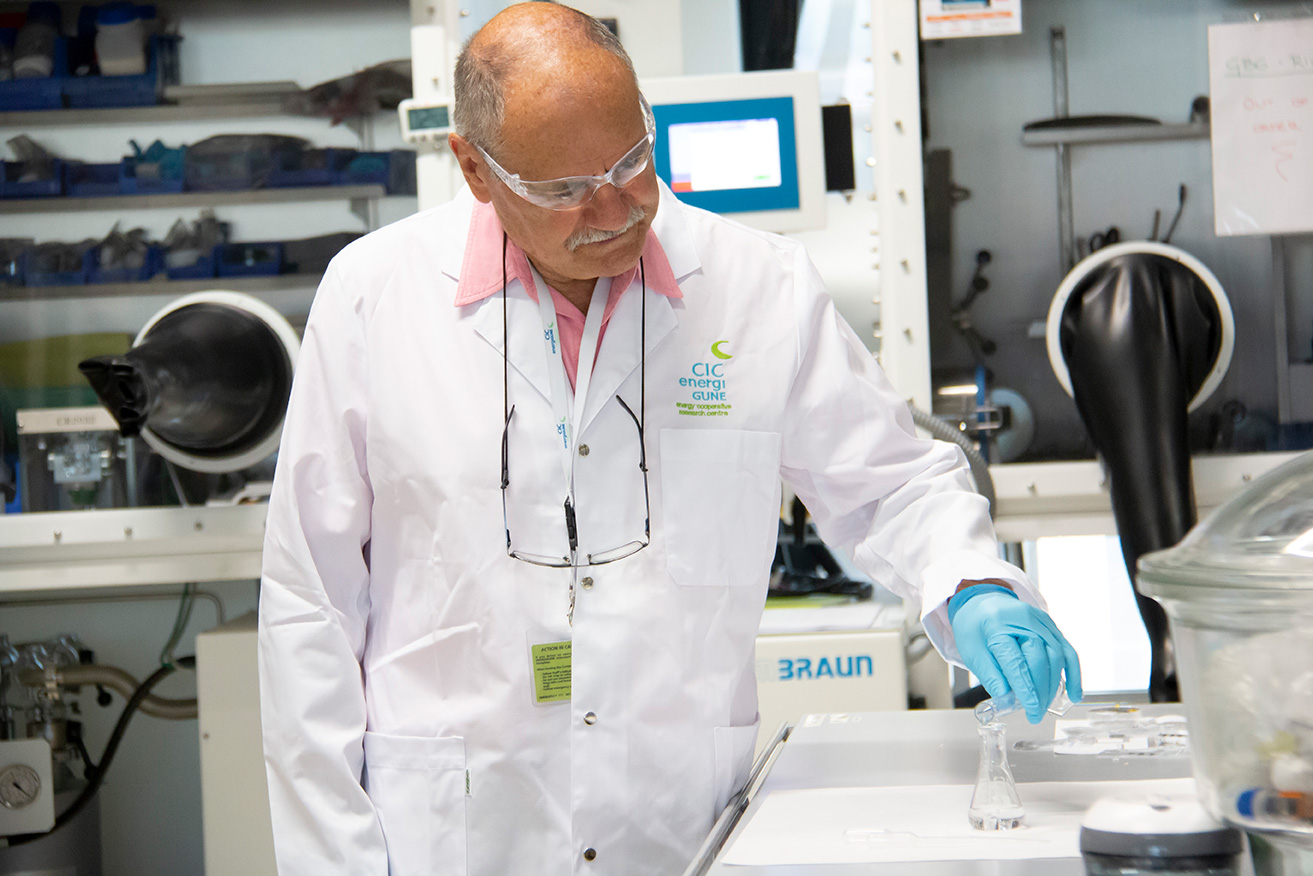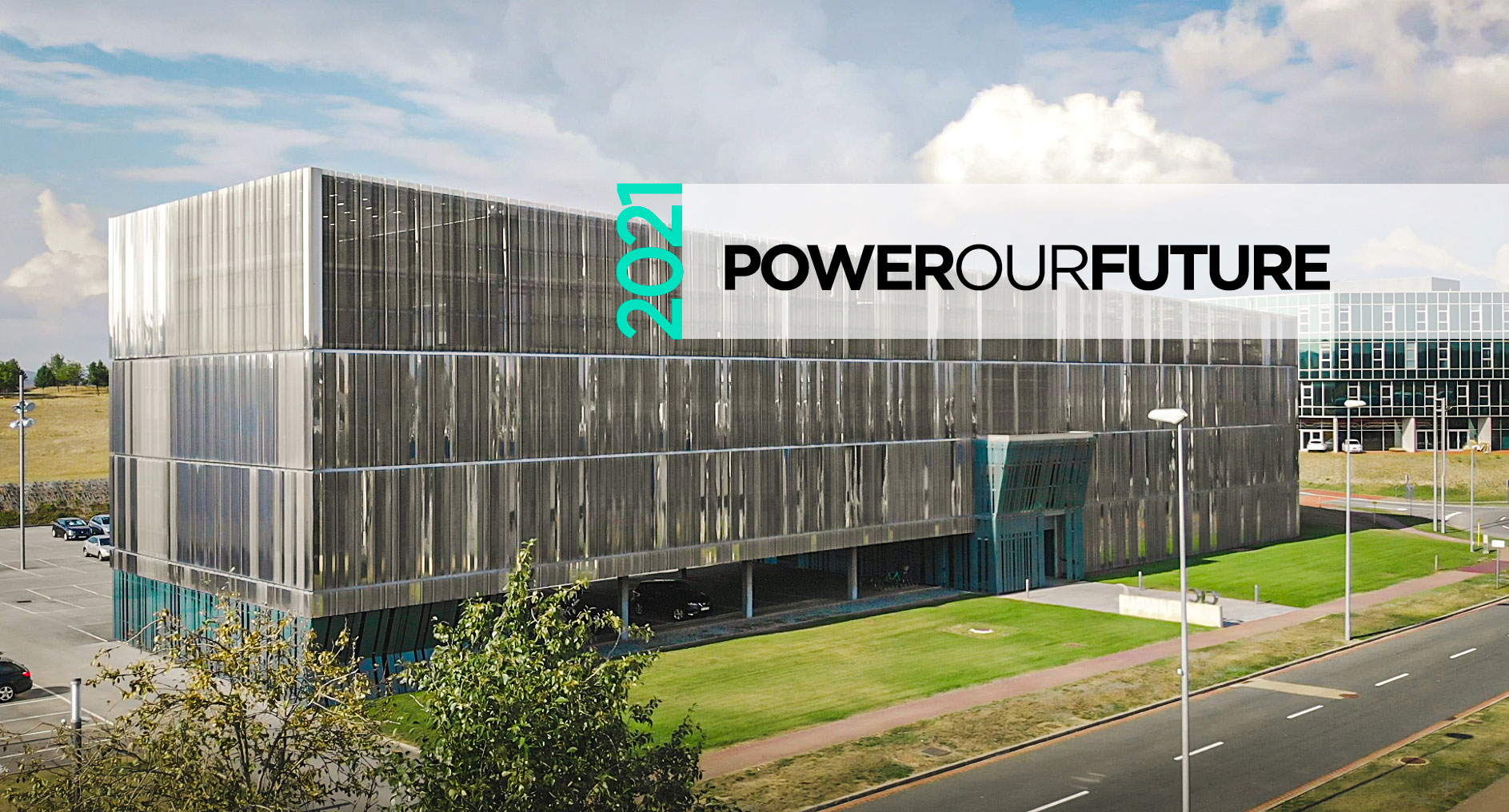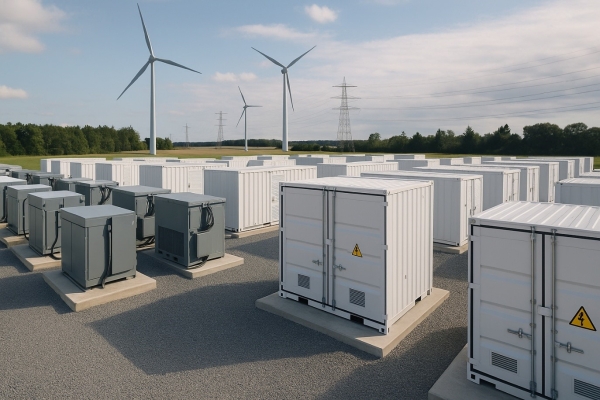Professor Armand´s professional career developed as Director of Research at the CNRS, Visiting Senior Scientist at the Lawrence Berkeley Laboratory, Professor at the University of Montreal (Canada) and Director of the Joint International Laboratory CNRS-UdM on Electroactive Materials.
His more than 30 years of experience in the field of energy research have led him to share research with two of the 2019 Nobel Prizes in Chemistry - John Goodenough and Stanley Whittingham - for their research in the field of rechargeable lithium batteries. In addition, he is considered by the scientific community as the "father" of the batteries of the future electric vehicle for his work in the field of solid polymer electrolyte; an improvement based on the sustainability of materials, energy density and, above all, safety.
In 2019, he was chosen as the most important researcher in Spain in the energy field by Stanford University, ranking 16th (out of 100,000) in the world. This distinction joins other awards, such as the Aymé Poirson from the French Academy of Sciences or the appointments as Doctor Honoris Causa at Uppsala (Sweden) and Deakin (Australia) universities.
Professor Armand became a member of the Scientific Committee of the Electrochemical Energy Storage area of CIC energiGUNE in 2011, and he also led the research group on polymer electrolytes, which is currently at the forefront of European research on solid-state batteries.
In the following interview, we review the importance of his research about solid electrolyte and his vision of the future of electric mobility:

